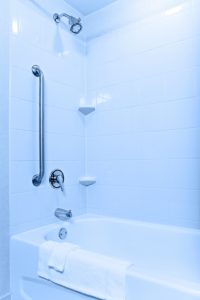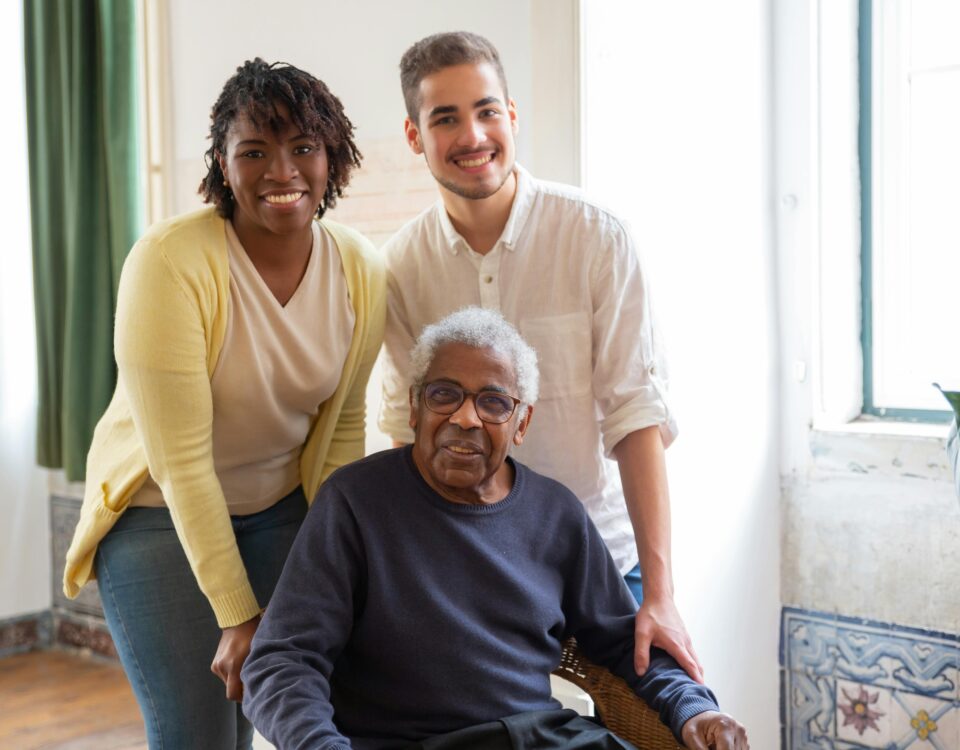You can’t always be there. But we can.
How Can You Make Injuries Less Likely During Your Senior’s Daily Activities?

What Seniors Think Helps Them Afford Retirement and What Experts Say is Key
October 9, 2017
What Should Your Parent Know about Their Prescriptions?
October 23, 2017How Can You Make Injuries Less Likely During Your Senior’s Daily Activities?
As your aging adult goes about her regular daily activities, keep in mind that some of those activities could be more dangerous than you realize. Here are some facts to keep in mind.

Homecare Whittier CA – How Can You Make Injuries Less Likely During Your Senior’s Daily Activities?
Check Shower Safety
The shower is dangerous because your aging family member is vulnerable there and there are so many ways that an injury can occur. Start out by adding textured in-shower mats to help reduce the likelihood your senior will slip. Next, determine if adding grab bars will help her to feel more secure.
Adjust Water and Food Temperatures
While you’re at it, check the temperature setting on the hot water heater. You can actually lower it by a few degrees without feeling the difference and help to reduce the possibility of scalding. Heat isn’t only about the water, though. Food and beverages that are too hot can injure your elderly family member.
Adapt to Eyesight Changes
As your elderly family member ages, her vision may become more limited. Be proactive about adapting to these changes by adding more lighting around the house. You might even want to consider using light fixtures that have motion sensors so that the lights turn on when your aging family member enters the room.
Stow Dangerous Chemicals
Chemicals that never presented a problem to your elderly family member in the past may be a little more dangerous for her as she ages. To make them fully safe for her, it’s a good idea to stow them away in a locking cabinet. In terms of cleaning supplies, you might want to consider making the switch to more natural methods that are less likely to be irritating, smelly, and toxic.
Watch for Tripping Hazards
Any talk about reducing injuries needs to include a mention of tripping hazards. Falls are an extremely common source of grievous injury for the elderly and avoiding them starts with being aware of what can cause your elderly family member to trip. Keep pathways as clear as possible and reduce clutter as much as you can.
If there are particular concerns that you and your aging adult have, make sure to let other people who help out, such as elderly homecare providers, know so that they can be on the lookout, too.

